On August 20, at the Government Headquarters, Prime Minister Pham Minh Chinh chaired a meeting of the Government Standing Committee on three draft laws drafted by the Ministry of Finance, related to corporate income tax, special consumption tax, and management and investment of state capital in enterprises. Also attending the meeting were Deputy Prime Ministers Tran Hong Ha and Tran Luu Quang, leaders of ministries, branches, and central agencies.

In the morning session, the meeting discussed and gave opinions on the draft amendments to the Law on Management and Investment of State Capital in Enterprises; the draft Law on Corporate Income Tax (amended); the draft Law on Special Consumption Tax (amended), including many social issues of public concern such as taxable subjects or methods of calculating special consumption tax.
Since the beginning of the term, the Government has been very determined and resolute in implementing the construction and improvement of institutions, one of the three strategic breakthroughs; continuously meeting, directing and establishing a Steering Committee to review and handle problems in the system of legal documents, thereby contributing to removing difficulties, reducing administrative procedures, and reducing compliance costs for people and businesses.

After listening to the reports, opinions of the delegates, and conclusions on the contents, Prime Minister Pham Minh Chinh welcomed and highly appreciated the Ministry of Finance in summarizing and evaluating the practices, chairing and coordinating with ministries, branches and localities, collecting opinions from relevant agencies, individuals, organizations, and affected subjects, synthesizing opinions, and developing draft laws. Along with giving opinions on specific contents, the Prime Minister emphasized a number of major guiding viewpoints and orientations in the process of developing draft laws.
Regarding the draft Law on Management and Investment of State Capital in Enterprises, The Prime Minister requested that the proposed amendments focus on the difficulties and obstacles that need to be resolved to mobilize and effectively use resources; inherit the regulations that are still suitable and have positive impacts in the current law; what is mature, clear, proven to be correct in practice, effectively implemented, and agreed by the majority, should continue to be implemented and legalized; management must be transparent and clear about people, work, responsibilities, and products.
Promote decentralization and delegation of power along with resource allocation, improve implementation capacity, clearly define the responsibilities of each agency and level, and design tools to strengthen supervision, inspection, and control of power; cut down on administrative procedures, eliminate the request-grant mechanism, and reduce intermediary steps.
Along with that, design mechanisms and policies to liberate resources in enterprises; enhance the autonomy and self-responsibility of enterprises; state-owned enterprises focus on areas of strength, key, essential, important areas; have specific regulations for state-owned enterprises in the fields of defense and security; delegate more authority and responsibility to representatives of state capital. State agencies focus on performing state management tasks (developing strategies, plans, schemes, institutions, policy mechanisms, legal corridors, standards, criteria, tools for monitoring, inspection, rewards, and discipline)...

Regarding the draft Law on Special Consumption Tax (amended), The Prime Minister emphasized that this is a tax law that affects many industries, businesses, and people. Special consumption tax is a tool to guide consumption and limit consumption of certain goods, but it must be appropriate to Vietnam's conditions and circumstances.
There needs to be a policy to limit the consumption of goods that can affect human health, the environment, resources, luxury goods, and high-end needs...
Prime Minister Pham Minh Chinh
The Prime Minister stated that it is necessary to have policies to limit the consumption of goods that can affect human health, the environment, resources, luxury goods, serving high-end needs... However, it is necessary to harmonize the interests between businesses and people, the state does not lose tax revenue; harmonize the goals of promoting production and business, socio-economic development and the goals of limiting the negative aspects of the consumption of these goods, protecting people's health... At the same time, there are preferential tax policies for goods that need to be encouraged, such as in the digital economy, green economy, circular economy, sharing economy, knowledge economy...
The Prime Minister noted that the management should avoid being jerky, and have a suitable implementation roadmap so that relevant entities can prepare; cut down on procedures, promote digital transformation in tax management, reduce inconvenience for taxpayers, and limit direct contact between taxpayers and tax officials; tax adjustments must go hand in hand with promoting the fight against smuggling and tax evasion; and the drafting agency must convincingly explain the proposed policies.

Regarding the draft Law on Corporate Income Tax (amended), The Prime Minister pointed out the following viewpoints: expanding the collection base, collecting correctly, fully, and promptly; preventing tax losses, especially in areas such as e-commerce, catering services, retail, etc.; promoting electronic invoices, applying information technology, and digitalization in tax management and collection. At the same time, studying some contents to decentralize regulations to the Government to ensure flexible adjustments to suit the situation; removing obstacles in tax refunds, tax collection, etc.; reducing administrative procedures, reducing inconvenience for people and businesses to pay taxes easily, reduce travel, and waste time.
Along with ensuring fairness and equality among enterprises and economic sectors, it is necessary to provide tax incentives for a number of suitable subjects such as enterprises building social housing; encourage investment in science and technology, innovation, digital economy, green economy, circular economy, sharing economy, knowledge economy; and continue to improve the contents that have been stabilized such as investment incentive policies, without causing unnecessary disruption.
The Prime Minister requested to carefully review the scope of regulation of the above draft laws. ensure that there are no legal gaps in the implementation process compared to the provisions of current laws; review additional provisions in other relevant laws to ensure clarity, without overlapping, contradictions or different interpretations in the application of the law. At the same time, the Prime Minister requested that when drafting laws, there should be tools to flexibly and promptly handle emerging issues, in accordance with the rapidly changing reality.

The Prime Minister assigned Deputy Prime Ministers to directly direct the drafting of laws. The Prime Minister requested the Ministry of Finance to fully synthesize opinions from relevant agencies and organizations, absorb valid comments, and promptly complete the draft law dossier in accordance with the provisions of the Law on Promulgation of Legal Documents to submit to the Government for consideration and submission to the National Assembly for decision, ensuring progress and quality.
Source


![[Photo] General Secretary To Lam arrives in Minsk, begins state visit to Belarus](https://vphoto.vietnam.vn/thumb/1200x675/vietnam/resource/IMAGE/2025/5/11/76602f587468437f8b5b7104495f444d)




![[Photo] General Secretary To Lam meets and expresses gratitude to Vietnam's Belarusian friends](https://vphoto.vietnam.vn/thumb/1200x675/vietnam/resource/IMAGE/2025/5/11/c515ee2054c54a87aa8a7cb520f2fa6e)

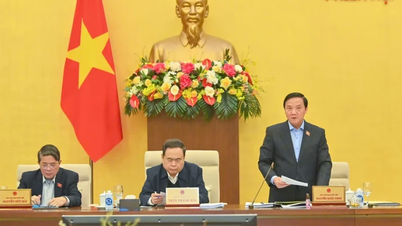
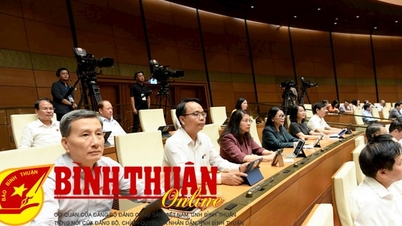

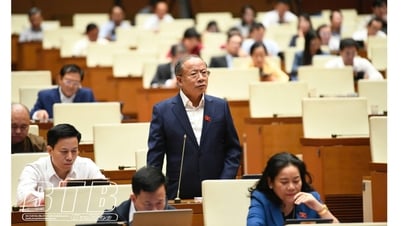


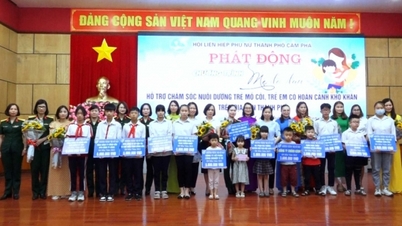



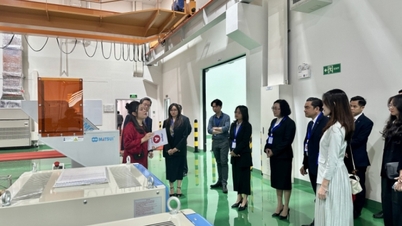







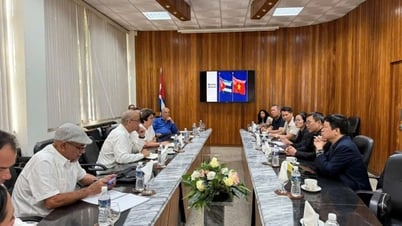

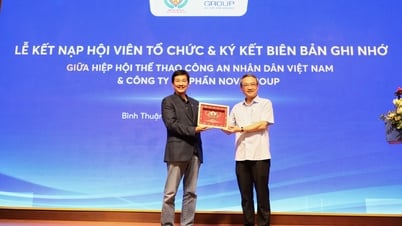

![[Photo] General Secretary To Lam concludes visit to Russia, departs for Belarus](https://vphoto.vietnam.vn/thumb/1200x675/vietnam/resource/IMAGE/2025/5/11/0acf1081a95e4b1d9886c67fdafd95ed)





























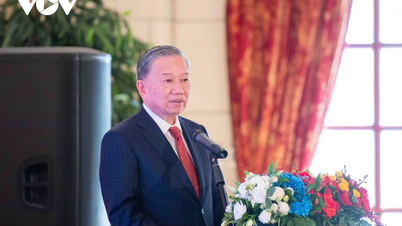

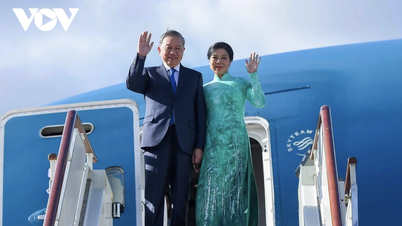
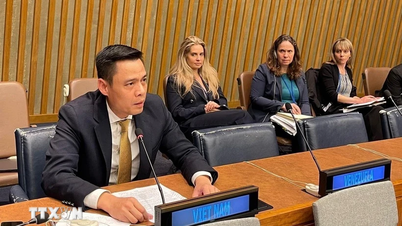













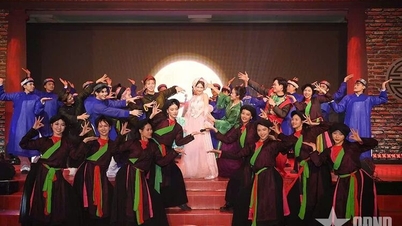

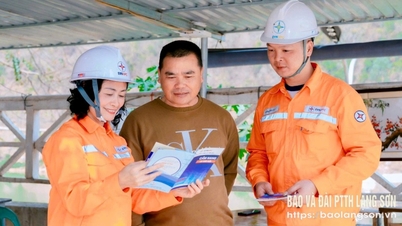
















Comment (0)